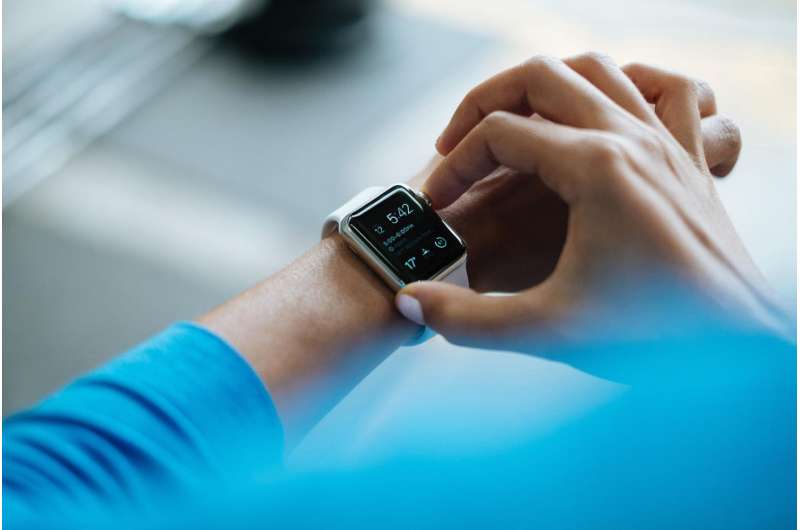Research team develops a wearable dataset for predicting in-class exam performance

Stress has a negative impact on physical health, reduces work productivity, and results in significant annual costs for industries and healthcare. While high stress is known to raise the risk of cardiovascular disease and have negative effects on mental health, It also has key effects on the ability of one to complete tasks by both excessively high or excessively low stress. There has been growing research interest on understanding how real-world stress impacts our body and performance, at work and across life activities.
Unfortunately, attempts to simulate the impact of these effects in the laboratory or elsewhere are less useful than datasets gathered in real-world circumstances. As a result, researchers have access to fewer real-world stress datasets. Even rarer are such datasets used in longitudinal investigations on the same subjects over time.
Real-world situations are also unrestricted environments. Research-grade equipment is frequently inaccessible, and motion artifact contamination is pervasive. These continue to be some of the biggest barriers to automated emotion decoders outside of the research labs in daily life.
To address the above-mentioned gap, researcher Rose Faghih and her former Ph.D. students Md. Rafiul Amin and Dilranjan Wickramasuriya performed an experiment in which a set of students' physiological data was gathered over the course of three exams. They used a smartwatch-like wearable device and collected multimodal physiological data. The use of the smartwatch-like wearable device was to provide a seamless data collection experience for the students participating in the experiment.
The investigation shows that it is possible to link the variations in the physiological signals to the exam performance.
To enable other researchers to use this dataset for additional investigations, the research team has made the de-identified data publicly available on the PhysioNet platform. A Wearable Exam Stress Dataset for Predicting Cognitive Performance in Real-World Settings is available at: https://physionet.org/content/wearable-exam-stress
Ultimately, the researchers believe it would be extremely beneficial to consider how exam performance and the stress that goes along with it interact. It will allow for a wide range of potential applications with the aim of enhancing personal performance. This may, for instance, assist scientists in developing effective interventions to improve each person's performance and increase productivity within a company. Additionally, the knowledge could be used in online and remote learning contexts to connect with students effectively and improve learning outcomes.
More information: Md. Rafiul Amin et al, A Wearable Exam Stress Dataset for Predicting Grades using Physiological Signals, 2022 IEEE Healthcare Innovations and Point of Care Technologies (HI-POCT) (2022). DOI: 10.1109/HI-POCT54491.2022.9744065
Provided by NYU Tandon School of Engineering





















